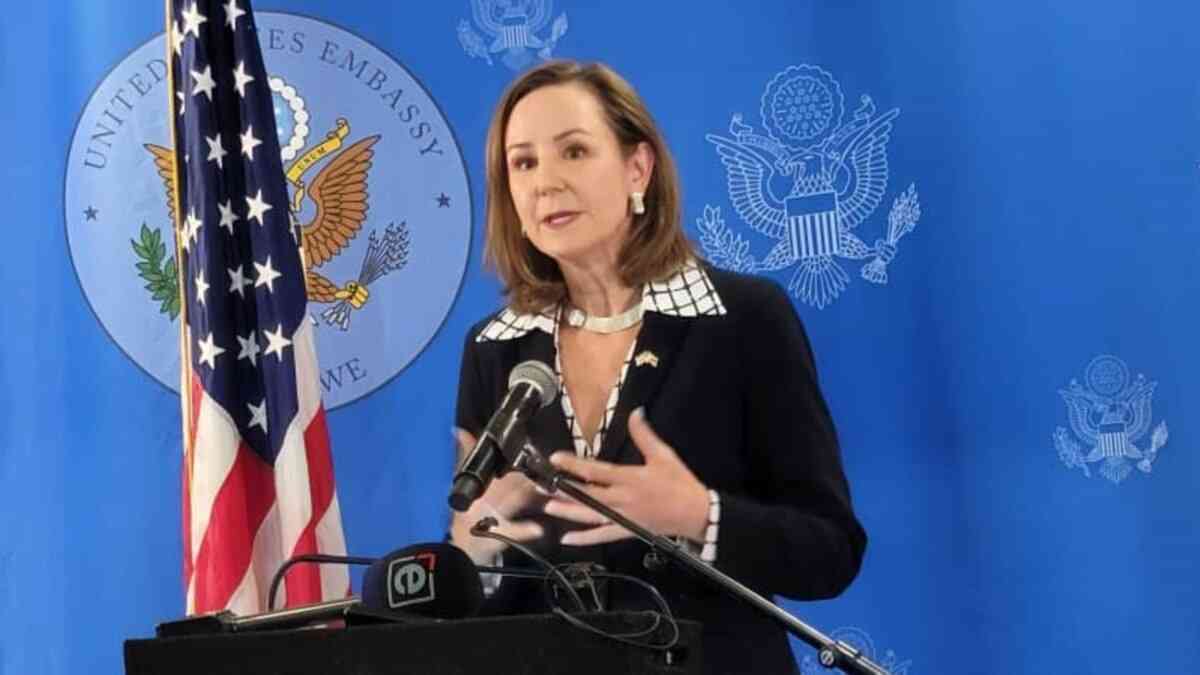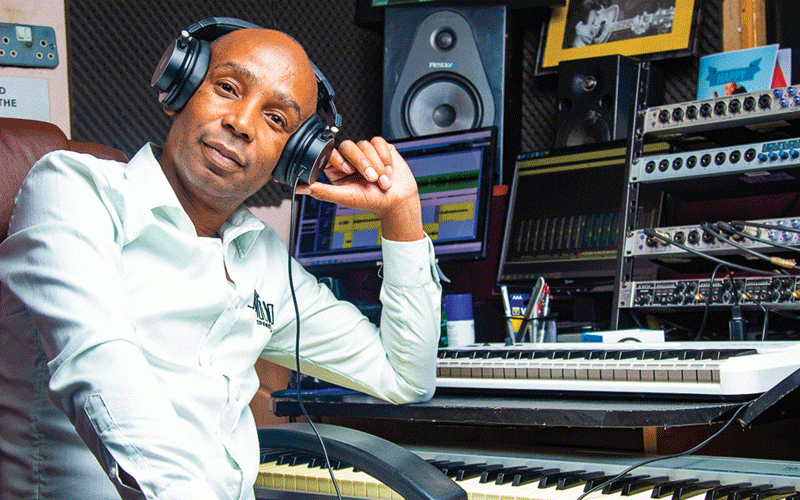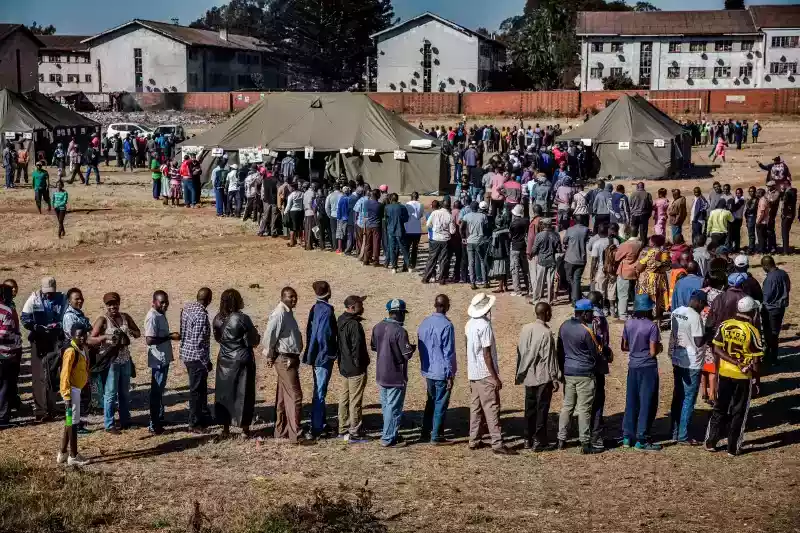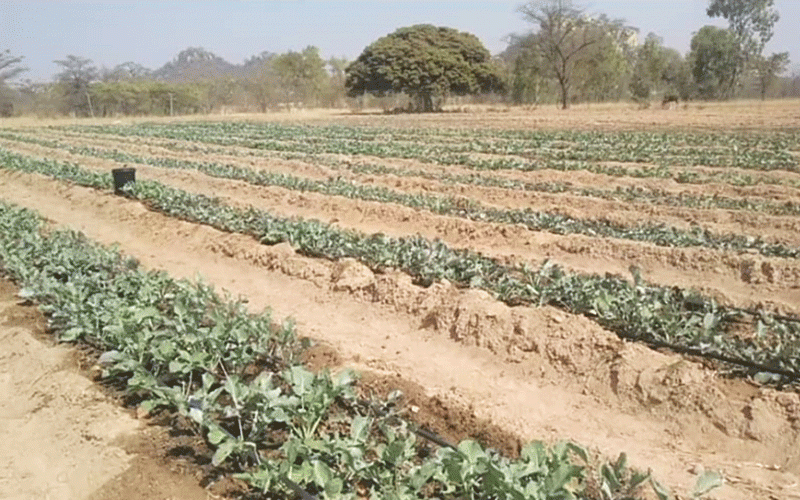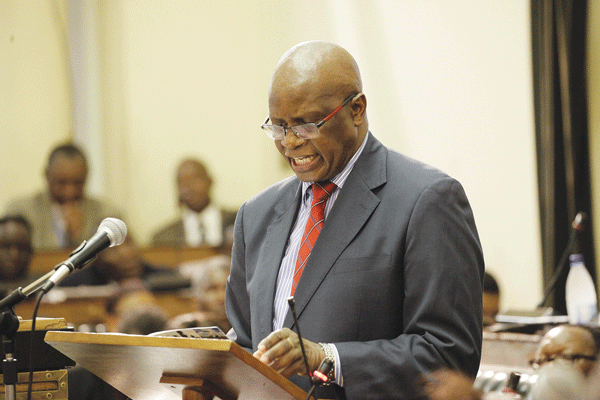
MEAT products, including offals, continue to attract 15% value-added-tax (VAT) days after Finance minister Patrick Chinamasa issued a statement shelving Statutory Instrument (SI) 20 of 2017.
By blessed mhlanga
Members of the Parliamentary Portfolio Committee on Agriculture, led by Christopher Chitindi, heard from the country’s biggest chicken producer Irvine’s and meat wholesaler, Koala Park, that VAT continued to be charged on meat products, while market players wait for government to reverse SI 20 of 2017.
Addressing parliamentarians, Irvine’s managing director, David Irvine, said in the 10 days VAT had been charged on meat products, sales had fallen by at least 25% and would continue to do so.
“We continue to charge VAT because it’s still law, but we estimate that sales will fall by at least 15 to 25% and the government will not make money from charging VAT on these products,” he said.
Irvine said the business was facing serious challenges in getting export licences from the government.
“There is no ease to doing business when it takes three weeks to get a permit to export day-old chicks, they are only day-old for a day and I want to be able to fulfil an order once it’s made, not to take three weeks to get a permit,” he said.
Among other challenges that have been pushing the producer price of meat up is the price of maize, which is pegged at $390 per tonne by the Grain Marketing Board (GMB), making it cheaper to import from South Africa.
- Chamisa under fire over US$120K donation
- Mavhunga puts DeMbare into Chibuku quarterfinals
- Pension funds bet on Cabora Bassa oilfields
- Councils defy govt fire tender directive
Keep Reading
Irvine said the prices quoted by GMB were unsustainable, given that a tonne of maize was $180 in South Africa and transport cost being just $110.
“We think the price of maize should be at import parity because we honestly can’t compete at the $390, which GMB was offering, $300 will allow the farmer to make a profit, and everyone along the value-adding chain,” he said.
Koala Park finance director, Washington Kahari said the introduction of VAT saw meat production go down in just a week, as producers withheld their cattle and were now selling directly on the informal sector.
“A week before the VAT was introduced, we slaughtered 522 cattle, but this fell to 395 during the week VAT was introduced, this opened a back door for the informal sector, with producers withholding their stock and preferring to sell to butcheries in the high-density areas where they fetch higher prices,” he said.

